
Article
Economic Incentives Don’t Always Do What We Want Them To
On their own, markets can’t deliver outcomes that are just, acceptable — or even efficient.
The New York Times,
2019
Read or listen offline
automatisch generiertes Audio
1×
automatisch generiertes Audio
Recommendation
Self-interest motivates human behavior. It should follow, then, that financial incentives would produce results in the US economy. Not so. Across all strata of American society, such inducements have much less strength than many people believe, yet economists and policy makers still cling to the notion that financial incentives work. Two of the 2019 Nobelists in economics, Esther Duflo and Abhijit Banerjee, argue in this thoughtful analysis that what really matters to people are self-worth, social standing and community ties, factors that leaders should consider in crafting public policy.
Take-Aways
About the Authors
Esther Duflo and Abhijit Banerjee are economists at MIT. They received the 2019 Nobel Memorial Prize in Economic Sciences.
By the same authors
Book









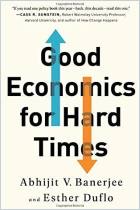
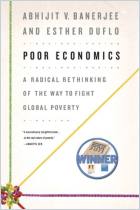

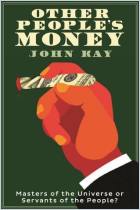


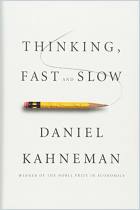
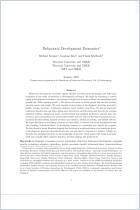


Comment on this summary or Diskussion beginnen